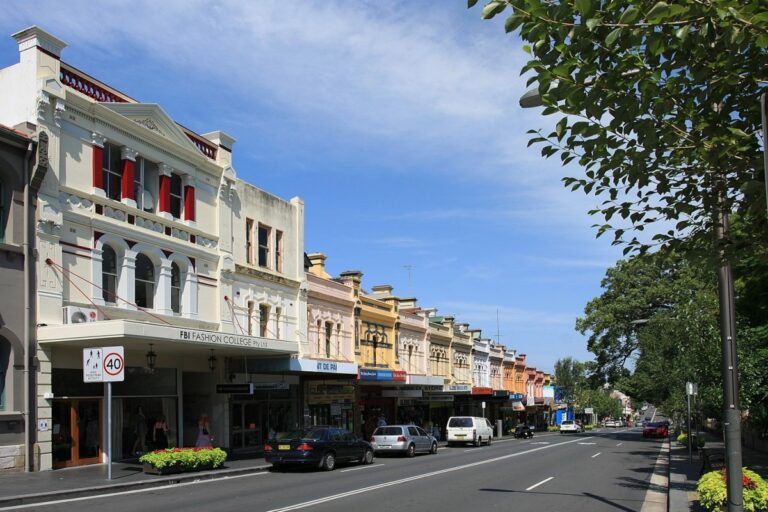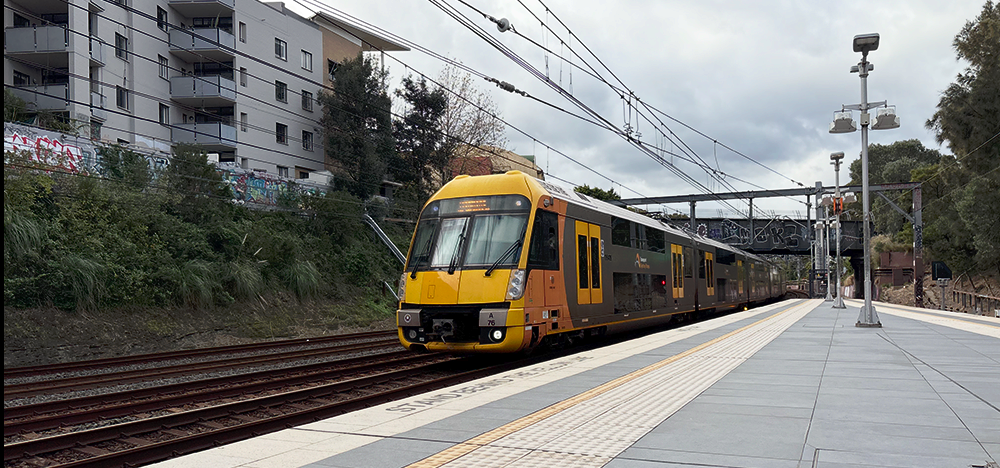
It’s time gentlemen, please

It’s time to close the pubs at 11pm. It’s a question of balance, really.
Let’s look at the history. Almost a century ago, during World War I, legislation was enacted in all Australian states that closed pubs at 6pm. The Women’s Christian Temperance Union had been campaigning for it for 30 years without much success. Their aim was to limit public drunkenness and get men home to their wives in time for dinner and with enough money left over to pay the rent.
They didn’t get much of a hearing until the states gradually introduced general six o’clock retail closing, after which the temperance folk argued that pubs shouldn’t be exempt from the general rule.
But it was during World War I that early closing really gained ground with the added argument that a “well-ordered, self-disciplined and morally upright home front was a precondition for the successful prosecution of the war”. This was further reinforced by some seriously drunken rioting by trainee soldiers based at Casula that ended with Liverpool wrecked and a young soldier being shot dead by the police at Central Station.
One after the other, the states enacted six o’clock closing and it was to remain in place for 40 years, give or take. NSW adopted the policy in 1916 and it didn’t get repealed until 1955.
In the result, there was an unintended consequence – the infamous six o’clock swill.
With most workers knocking off at 5pm, there was only an hour to socialise until the pub closed – less, of course, the time it took them to get to the pub. A law intended to reduce public drunkenness, brawling, wife beating and drink driving resulted in a regular manic rush to swallow as much grog as possible in the time before the pub closed.
In order to cater for the after-work speed-drinking session, publicans extended their bars, billiard rooms disappeared, and separate bars were merged into large, easily managed rooms. Then they tiled the walls and floors so they could hose out the vomit and spilled beer when they’d pushed the last drunk out into the street. People began to refer to the local pub as “the blood house”.
In NSW a plebiscite on extended trading hours was only narrowly won in 1954 and closing hours were extended to 10pm. Suddenly, pub drinking became much more civilised, and within a couple of years, few people could be found to defend what had obviously been a regrettable experiment.
Over the next 20 years, pub drinking became both respectable and fashionable, particularly after the 1960s feminists challenged, and defeated, the rule that said women weren’t allowed in that great bastion of male privilege, the so-called “public bar”, but had to remain in the “ladies lounge” (to which gentlemen, naturally, had access). In the result, pubs became even cooler, and more civilised. After a couple of years, nobody could be found to defend what had obviously been an atavistic piece of misogynism. Publicans removed the tiled walls and floors, installed carpet, softer lighting, seats, tables and intimate areas. Closing time was extended to 11pm, which met with little opposition, and had few consequences.
But then human nature – and more specifically, the inevitable blind greed of big business – overreached. The liquor industry spin doctors and the ghastly Australian Hotels Association’s (AHA) NSW branch bought up state governments wholesale. Trading hours were extended again and again.
A reasonable thing turned into its opposite and we ended up with the current all-night youth binge drinking culture, which is of course very profitable to the AHA’s members and very costly to society – and the innocent victims who end up in intensive care … or dead.
Of course the AHA’s spin doctors will argue that thousands of their lowly workers depend on the casual employment they so generously supply. But hey, the recreational drug producers and Distributors Association would argue the same thing if they were ever granted legality. Think of all the cops and nurses and ambos and doctors and lawyers who’d be without a job if it wasn’t for them, they’d argue.
We don’t listen to them and we shouldn’t listen to the AHA. Politicians: it’s time gentlemen, please.









